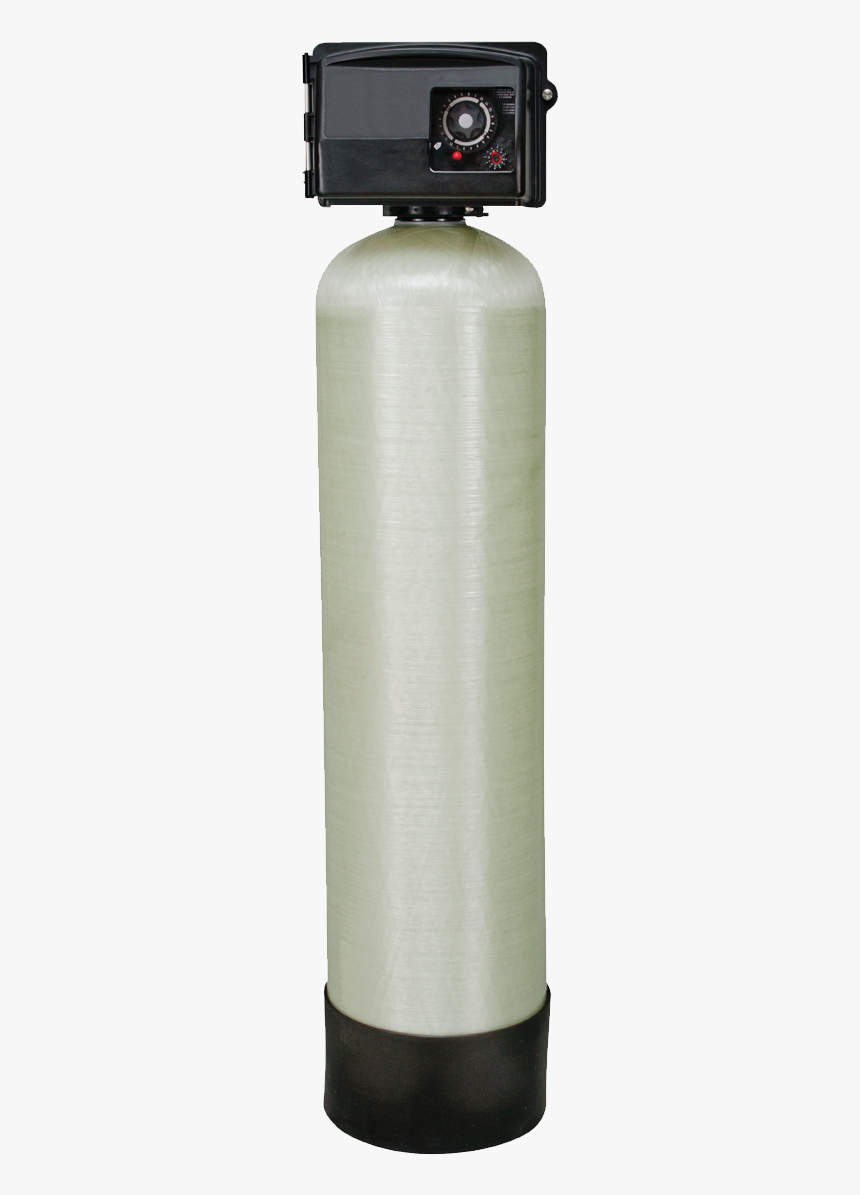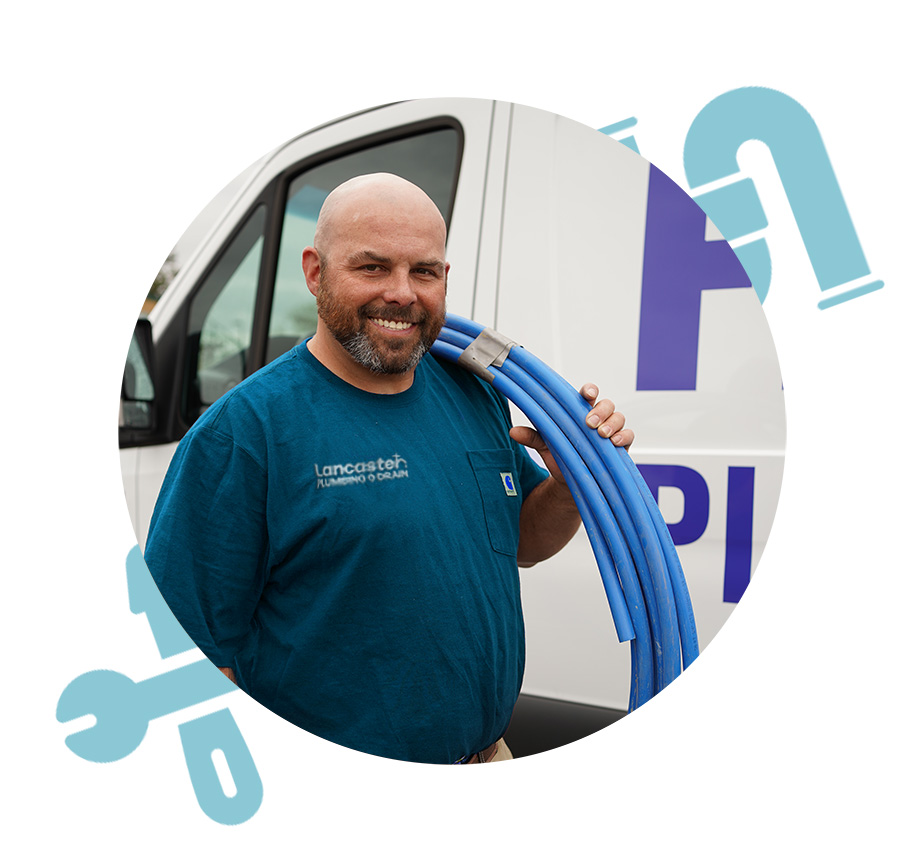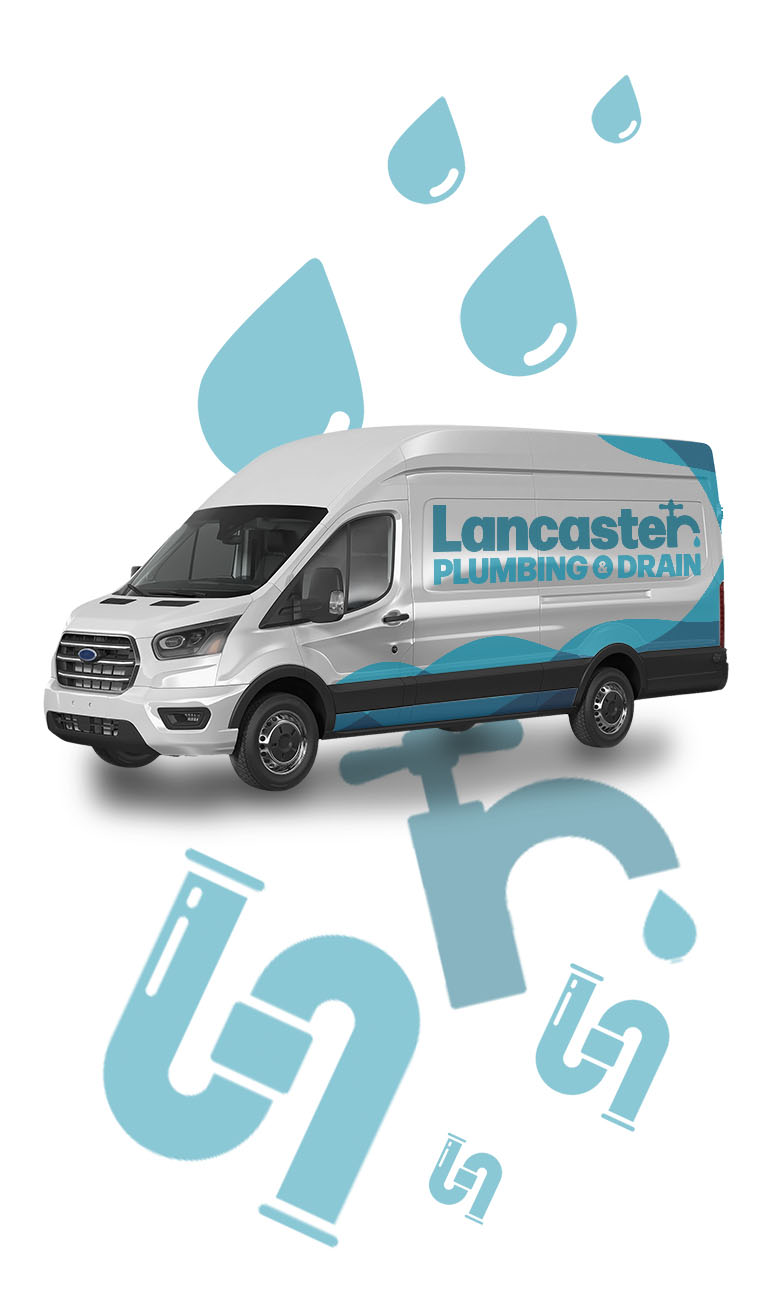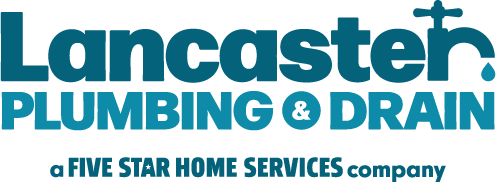Water Softener Repair, Maintenance & Installation Services in Lancaster, OH
Hard water affects 85% of the U.S. Because Central Ohio is known for hard water in certain areas, the installation of a water softener provides homes and businesses with softened water that feels, flows better and tastes better without excess minerals. Learn more about hard water below and the reasons why you should install a water softener in your Lancaster, OH, area home. Call Lancaster Plumbing & Drain for a free estimate on the installation of a water softener for your home or business.
Water softeners are great for plumbing systems and major home appliances that use water. Water softeners remove undesirable minerals (like magnesium and calcium) from your water supply. They prevent rust stains, calcium buildup and other mineral problems that damage pipes and home appliances. This makes cleaning more manageable and improves the taste of your water. Installations by Lancaster Plumbing & Drain should last over 20 years if you remember to update your water filters regularly. If you need a water softener expert for water softener repair, water softener maintenance or water softener installation, you should call Lancaster Plumbing & Drain today! We stock SoftPro and Sterling Water Treatment, among other top-rated water softening systems. We service all residential and commercial water softening systems in Lancaster, OH, and surrounding areas.
How Do Water Softeners Work?
A water softener is a plumbing product that softens water to remove minerals. Water softeners are filtering devices that remove minerals like magnesium and calcium. These minerals produce hardened water, which has a unique odor that is often detectable as an unpleasant smell throughout the home or building. Hard water minerals get removed as the water passes through the water softener. When the water passes through the softening system, it is much easier on the plumbing system as well as other home appliances.
If you’re looking for the best water softener for your space, our experts begin by determining the hardness of your current water supply to determine what would be the best softener. Grains per gallon is the standard unit of measurement. A brine tank is included in each water softening system. The brine tank holds all the salt. The water level in your water softener should always be a little lower than the level of salt in the brine tank. The water needs to come into contact with the salt to consume it and achieve the proper concentration of brine. As a result, the water softener’s tank is filled with hundreds of tiny beads, which we call “resin beads.” Hardness minerals bond to the resin beads when they come into contact with them. This removes the minerals needed to be removed as the water exits the tank.
Free Estimate

Benefits of Water Softeners
Did you know nearly 85 percent of homes have hard water? If you live in the Lancaster, Ohio, area and want to enhance your water quality, you should call Lancaster Plumbing & Drain today. Check out our list of advantages of updating or setting up a new water softening system and filtration system:

Keeps Dishware Cleaner
Saves Money
Better Tasting Water
Although the purpose of a water softener and water purifier is about much more than flavor, one of the most common reasons a lot of people install them is to improve the taste of their water for drinking and cooking. Better-tasting water from the tap is one of the biggest advantages of putting a water filtration system and/or water softener. Food and beverages taste better when water is softened and/or purified.

Lancaster Drain Cleaning Services
Choose Us for Water Softener Services in Lancaster, OH
Lancaster Plumbing & Drain‘s team of plumbers are your trusted experts for water softener installation, water softener repair, and water softener maintenance. We sell and install Amana, Navien, Rheem, Bradford White and more. We proudly install these water treatment and water softening systems in Fairfield County and Franklin County. We also proudly serve Lancaster, Columbus, Pickerington, Blacklick Estates, Pataskala, Circleville, Reynoldsburg, Whitehall, Bexley, Gahanna and surrounding areas. For customers wanting water softeners installed in their homes and businesses, we offer fast and affordable installation services on all water softeners with free estimates. Our professional plumbing experts can come to your home or building and provide you with a free quote with a free plumbing consultation from a local master plumber if you’re interested.









